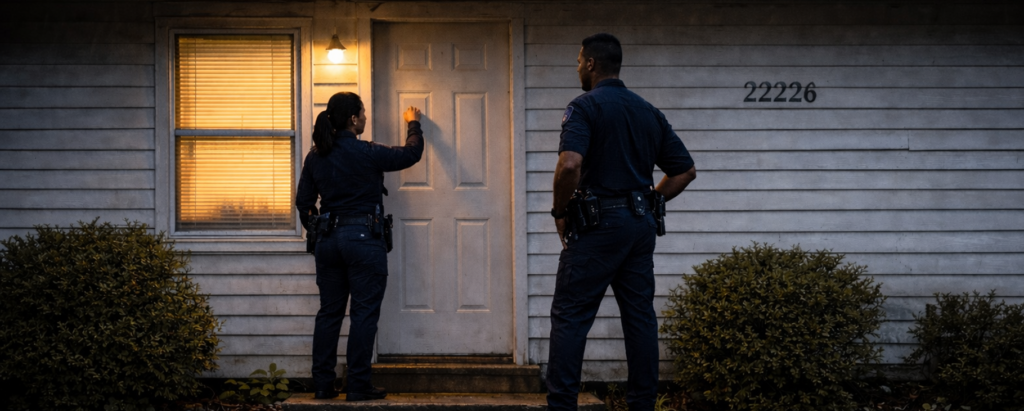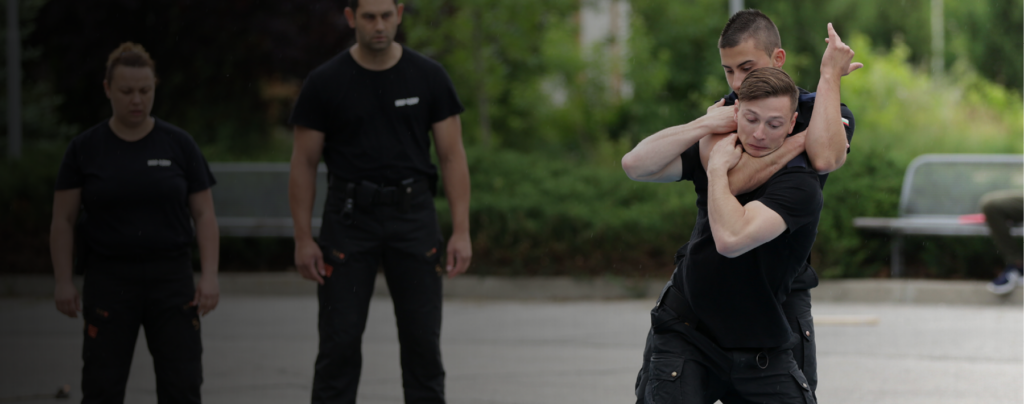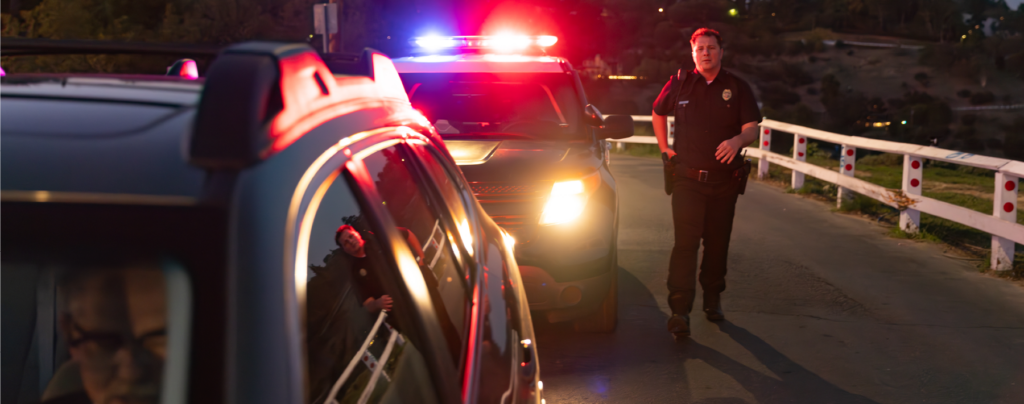United States v. Barry, 2025 WL 1689692 (9th Cir. 2025)
The Los Angeles Police Department received an anonymous tip about a person named “Ryan” selling drugs from an apartment in Van Nuys. The tipster stated “Ryan” drove a red convertible Ford Mustang. Using this information, LAPD Officer Giovanni Espinoza identified Ryan Barry, who was on post-release community supervision for felony convictions, as a likely suspect. Officer Espinoza saw Barry leaving the apartment in a red Mustang and driving to a gas station nearby.
When Barry parked at the gas station, Espinoza approached him. Knowing Barry was subject to warrantless search conditions, Espinoza told him to get out of the car. When Barry complied, Espinoza saw a clear plastic baggie in his hand. The investigator ordered Barry to hand over the bag, and Barry complied. The bag contained a substance resembling methamphetamine. Officer Espinoza handcuffed Barry and told him they were “going to search his apartment on Emelita Avenue next.” Barry did not act surprised, nor did he deny he was living at that apartment.
When Officer Espinoza asked Barry who else lived at the apartment, Barry said his girlfriend did. Barry told the investigator where his keychain was and showed him the key to the apartment. A search of the Mustang revealed several bags of illegal drugs, a scale with drug residue and a loaded pistol. The subsequent search of Barry’s apartment revealed additional firearms, ammunition, drugs and drug paraphernalia.
Barry asked the trial court to suppress the evidence found in the warrantless search of the apartment; the court declined his motion. Barry entered a conditional plea agreement, reserving the right to appeal the suppression motion, and was sentenced to 15 years’ imprisonment. He appealed.
Timely law enforcement content in your inbox: SUBSCRIBE NOW!
The appellate court affirmed the trial court’s decision. In its opinion, the panel held the search was consistent with the Fourth Amendment and the standard previously articulated by the 9th Circuit Court of Appeals in United States v. Grandberry. That decision requires that officers have probable cause to believe a parolee resides at a location to be searched. The Grandberry decision lists several factors to guide the probable cause analysis, including whether:
“(1) ‘the parolee did not appear to be residing at any address other than the one searched’; (2) ‘the officers had directly observed something that gave them good reason to suspect that the parolee was using his unreported residence as his home base’; (3) ‘the parolee had a key to the residence in question’; and (4) ‘either the parolee’s co-resident or the parolee himself identified the residence in question as that of the parolee.’”
The appellate court found the totality of the circumstances — including Barry’s responses to the investigator, the anonymous tip with specific information about the location of the apartment, Barry’s red convertible Mustang and his possession of a key — established probable cause that Barry resided at the apartment.
This case is unusual because there were three opinions in the unanimous decision. Judge Bumatay wrote the unanimous decision. Judge Wallace wrote a concurring opinion emphasizing an odd feature of the 9th Circuit’s jurisprudence on parolee/probationer searches. Addressing the “probable-cause-as-to-residence rule,” Judge Wallace opined the court’s prior decisions “provide individuals on supervised release, probationers, and parolees safe houses in which to recidivate free from the oversight to which they agreed….” Judge Wallace cited a colleague, writing in another case, who declared, “the practical result of the court’s decision was that the defendant is given a safe house where, as long as he has a cooperative girlfriend, he can stash his gun. That safety zone is surely not what the majority wants to create but it is the result of the rigid application of our precedents without attention to the perspectives on reasonableness introduced by [United States v. Knights, 534 U.S. 112 (2001)].” He cited another colleague who concluded the court’s case law in this area “is unsound and warrants reexamination.”
“Courts across the country vary significantly when ruling on warrantless searches of persons under supervision.”
The third judge, Judge Graber, wrote an opinion supporting the outcome in Barry’s case, but disagreeing with his fellow judges on the solution to the apparent safe house rule for probationers and parolees. Judge Graber declared this is an issue for the legislature to fix by clarifying or perhaps strengthening the restrictions on parolees and probationers.
Courts across the country vary significantly when ruling on warrantless searches of persons under supervision. Officers should consult with local prosecutors to become very clear about the rules that apply to them.
- Blog Articles




